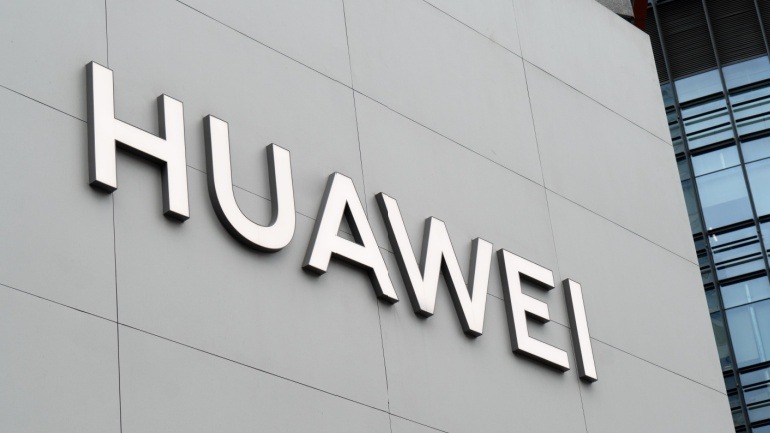Synopsys’ acquisition of Ansys, valued at $35 billion, promises to revolutionize engineering solutions, particularly in silicon design. With AI-driven innovations and enhanced system simulations, this merger is set to redefine capabilities in automotive design and chip thermal management.
A federal budget amendment extends spectrum auction authority to 2034, aiming to raise revenue by identifying 600 megahertz for auction. While excluding key bands like 3 GHz and 6 GHz, the plan sparks debate over spectrum use, with industry leaders divided on reallocating the CBRS band.
Nokia is partnering with Maersk to equip 450 vessels with private wireless networks, enhancing cargo tracking and real-time monitoring. The system will support thousands of IoT devices, improving efficiency and visibility across Maersk’s global logistics operations.
Shanghai has become China’s first mega-city to achieve comprehensive 5G coverage throughout its entire metro system. This milestone spans all 21 metro lines, significantly enhancing Shanghai’s transportation network with real-time operations, predictive maintenance, and smart urban transit.
Huawei is embroiled in a bribery scandal linked to the European Parliament, with Belgian authorities leading an investigation that has resulted in multiple arrests across Europe. The probe alleges Huawei used luxury gifts and payments to influence EU politics.
China-based Sequans Communications recently expanded by acquiring Swiss company ACP, strengthening its ambitions in the rapidly growing 5G RedCap sector. This strategic acquisition enhances Sequans’ capabilities to capture the expanding eRedCap market.
Open RAN technology struggled in 2024, with a revenue decline of nearly half a billion dollars. Despite this setback, there is optimistic potential for Open RAN’s long-term growth, especially with increased 5G activity.
Open Gateway, initiated by GSMA, is set to redefine mobile networks with standardized telecom APIs, underpinning 5G’s potential. With coverage from 67 global operators, it aims to streamline developer interaction and offers vast opportunities for API-driven fraud prevention, edge computing, and digital transformation.
The Swansea Bay City Deal awarded VMO2 a contract to upgrade fibre infrastructure. The global smartphone market is expected to grow, driven by Android sales in China and emerging markets. Patton acquired Raymar Information Technology to continue supporting crucial legacy industrial technologies. EE has released age-specific smartphone usage guidelines.
Deutsche Telekom is enhancing its global IoT presence through a new agreement with the Bridge Alliance. As the first European telecom giant in this consortium, Deutsche Telekom aims to streamline IoT solutions for both Asian and European markets. Their combined expertise promises superior connectivity and simplified procurement processes.












